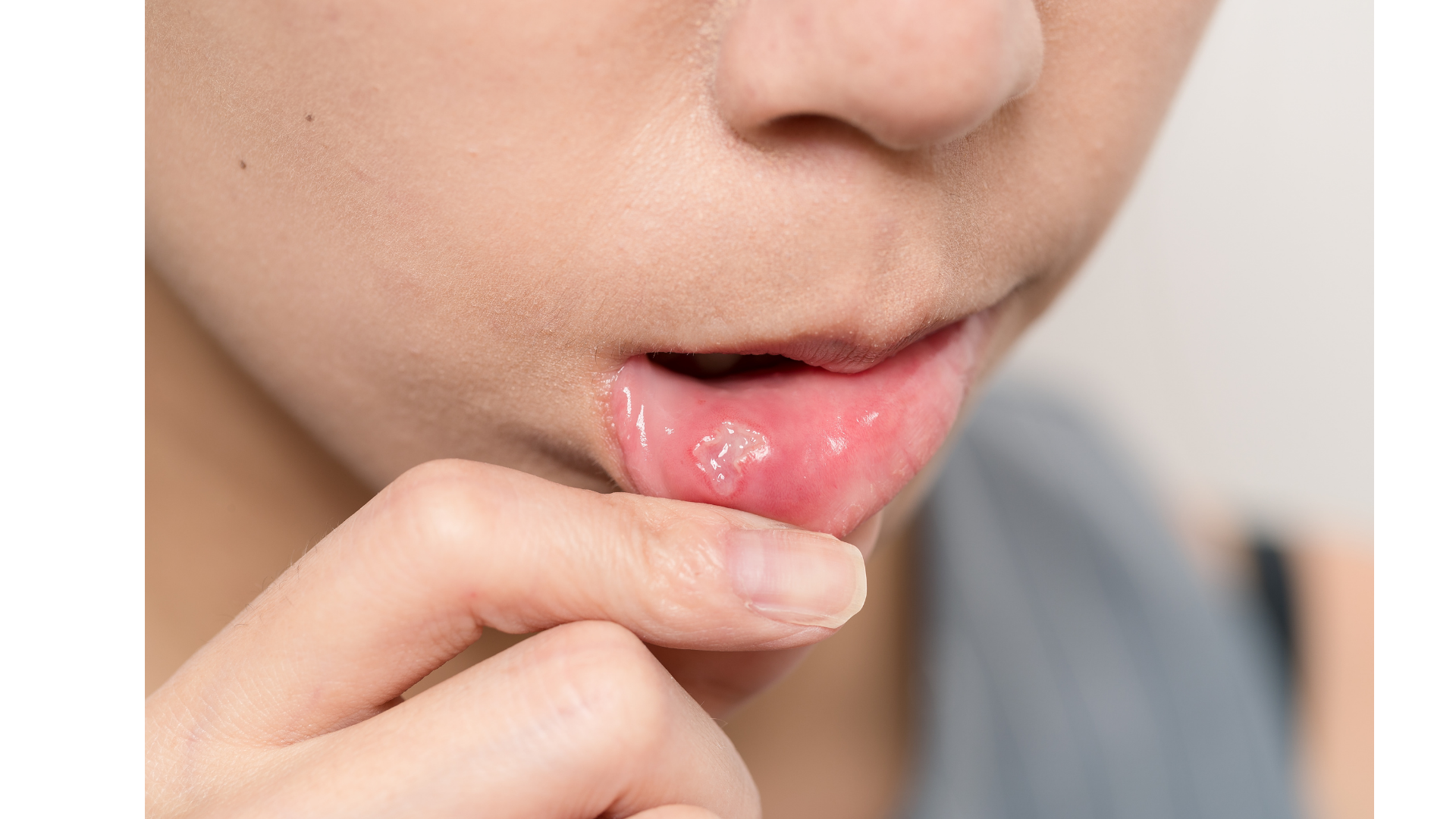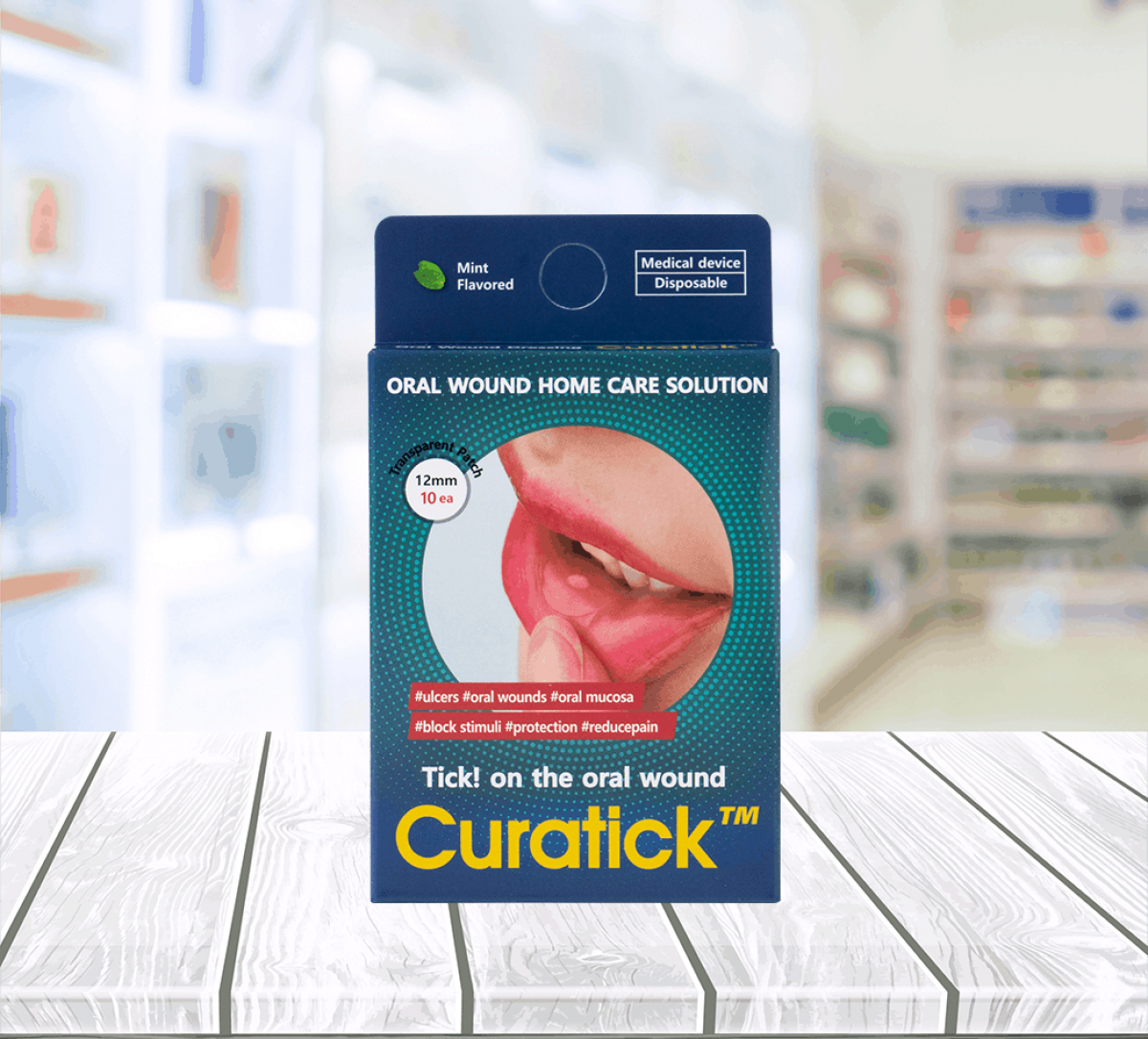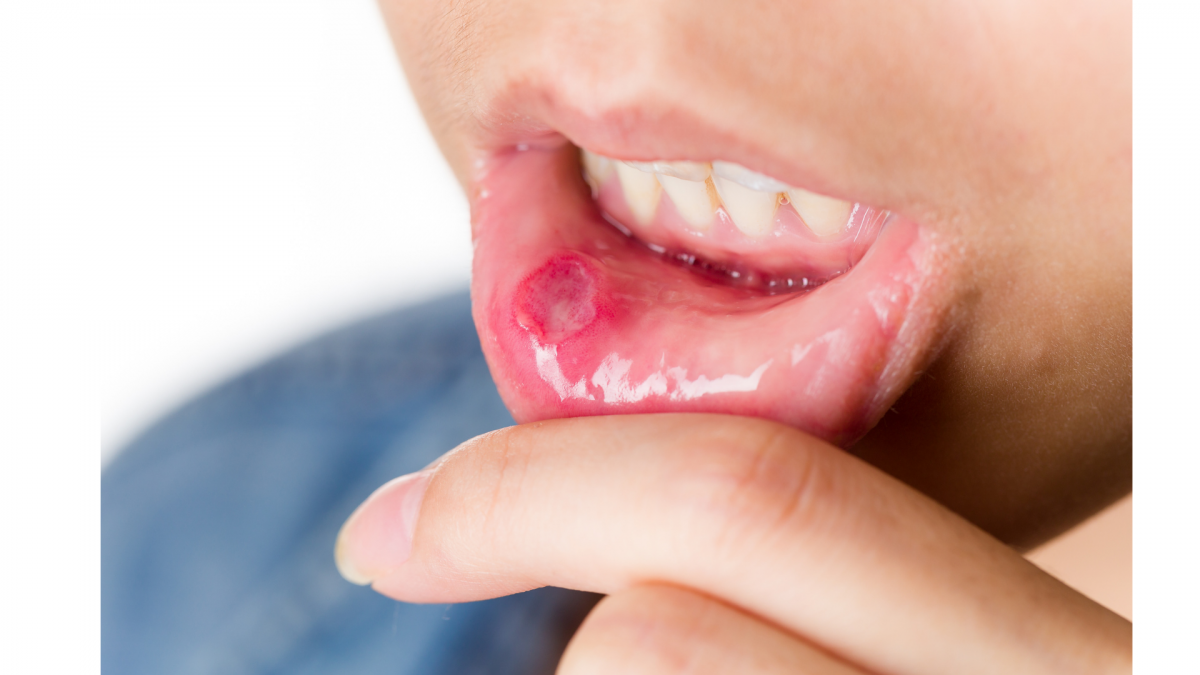If you're about to begin cancer treatment, be aware that certain treatments can cause mouth sores (oral mucositis). Mouth sores can be painful and distressing. They can range from a mere inconvenience to a severe complication that may make you unable to continue your cancer treatment.
Cancer-related mouth sores form on the inside lining of your mouth or on your lips. The mouth sores appear burn-like and can be painful, making it difficult to eat, talk, swallow and breathe. Sores can appear on any of the soft tissues of your lips or your mouth, including the gums, tongue, and roof or floor of the mouth. Sores can also extend into the tube (esophagus) that carries food to your stomach.
Chemotherapy and radiation — alone or combined — can cause mouth sores. That's because these cancer treatments are intended to kill rapidly growing cells, such as cancer cells. Some healthy cells in your body also divide and grow rapidly, including the cells that line the inside of your mouth. Unfortunately these healthy cells are also damaged by chemotherapy and radiation. Damage to the cells in your mouth makes it difficult for your mouth to heal itself and to fend off germs, leading to sores and infections.
Mouth sores caused by chemotherapy treatment usually develop a few days after treatment begins and go away within two or three weeks after stopping chemotherapy. The mouth sores usually reach their peak around the seventh day after chemotherapy treatment ends. Only radiation aimed at your head or neck causes mouth sores. Whether your radiation treatment will cause mouth sores depends on how much radiation you receive and whether you're also receiving chemotherapy at the same time. You may begin to experience mouth pain two to three weeks after you begin radiation. More-intense doses of radiation will cause mouth sores to develop more quickly. Mouth sores from radiation may last four to six weeks after your last radiation treatment.
Both chemotherapy and radiation can impair your body's germ-fighting system (immune system). With an impaired immune system, viruses, bacteria and fungi can more easily infect your mouth, causing mouth sores or making mouth sores worse. Newer forms of cancer therapy, such as targeted therapy drugs or drugs that stimulate your immune system to fight cancer, can also produce mouth sores as a side effect.
HOW DO YOU TREAT MOUTH SORES?

Treating mouth sores involves minimizing your pain until the cells of your mouth heal and begin regenerating after your cancer treatment ends. Tell your doctor if you develop any sensitivity in your mouth or notice any sores forming. Your doctor may recommend treatments, such as:
- Topical painkillers. These medications can be applied directly to your mouth sores. Your mouth may feel numb when using painkillers, so be careful when eating or brushing your teeth because you won't be able to feel if you're causing more injury to your mouth.
- Coating agents. These medications coat the entire lining of your mouth, forming a film to protect the sores and minimize the pain you might feel while eating or drinking.
There is one example of treatment in the form of coating agents, namely CURATICK.
CURATICK™ Oral Wound Dressing is a device used for protecting oral wounds by forming a physical barrier on the wound. It is indicated for use with ulcers and small wounds of the oral mucosa including canker sore and injuries caused by self-biting, braces, and ill-fitting dentures, so wounds are protected and the healing process is better because CURATICK™ contains vitamin E which nourishes the wound area. Light Mint flavor will also reduces halitosis (bad breath due to canker sores/wounds).
CURATICK™ when used and in contact with saliva, it will form a hydrogel so that it will reduce pain when the patch is applied. Curatick's stickiness up to 4 hours so it don't need to change patches frequently.

The patch is also easy to apply, how to use it:
- Clean the area where the patch will be applied before use and clean if there is a lot of saliva
- Remove the adhesive attached to the patch
- Apply the adhesive layer to the wound
- Slightly press for 5 seconds until adhesion occurs
The adhesive surface is easy to remove, does not cause pain when released.
PT Isotekindo Intertama is an official distributor for Curatick ™ Oral Wound Dressing Products which is official and registered with the Ministry of Health.
Reference:
Mayo Clinic. (2020). Mouth sores caused by cancer treatment: How to cope
Majalah Kedokteran Gigi Indonesia. (2018). Keparahan mukositis oral pada pasien kanker kepala leher akibat kemoterapi dan/ atau radioterapi.
NCBI. Management of Oral Mucositis in Patients with Cancer






